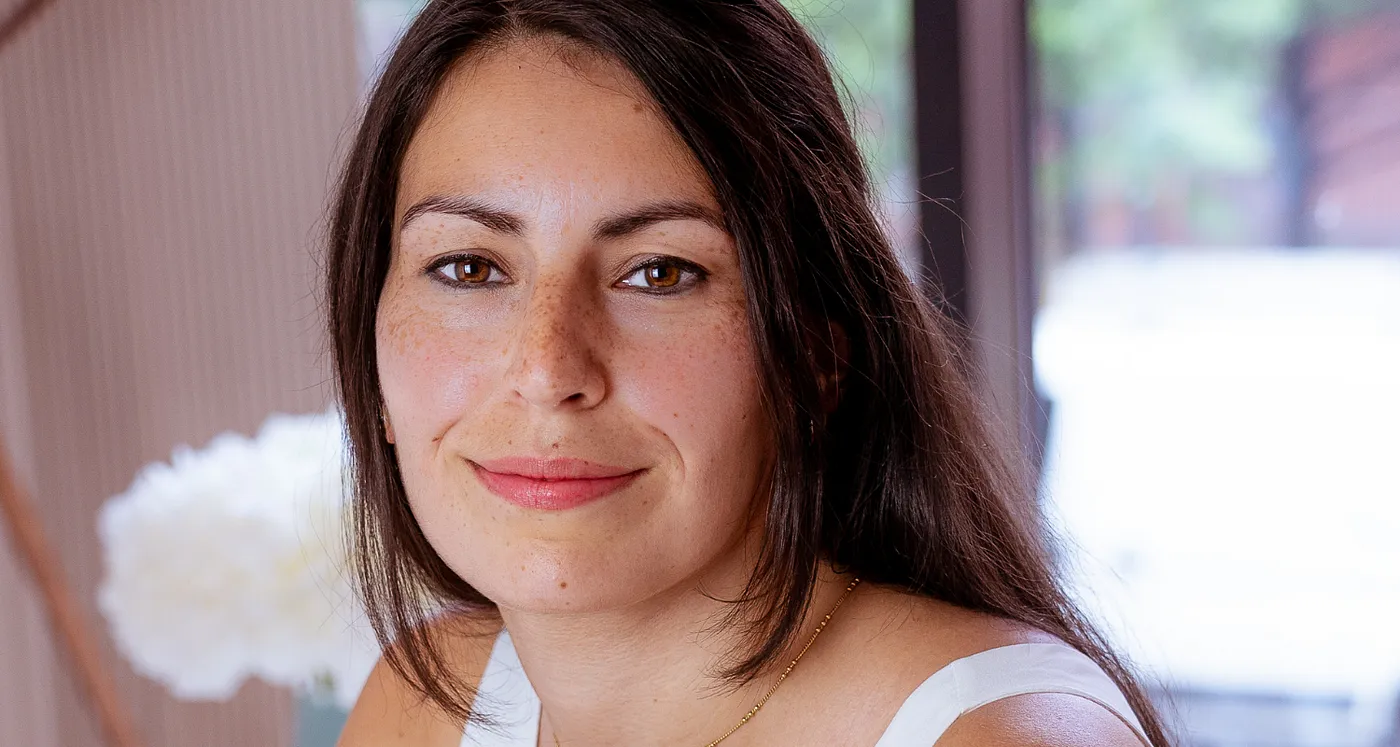
“I really struggled to fit in.”
That’s how neurodivergent business leader Ameesha Green describes her early years, long before she became the Founder and CEO of The Book Shelf, an independent publishing company built from lived experience and creative drive.
“My path here was somewhat meandering,” said Ameesha. “I worked in HR in the public sector, then as an editor at a publishing house for two years, then as a digital nomad for a year.” Along the way, she also did “freelance editing, proofreading, and writing.” That experience became the foundation for her company. “When I returned from travelling, I became a full-time freelancer and after a few years, that grew into The Book Shelf.”
The Moment It Made Sense
Ameesha had always felt different but didn’t have the language to explain why. For years, she questioned whether she had autistic traits but didn’t see ADHD as something that could apply to her. “Growing up, ADHD was seen as something loud and mostly found in boys, so I never related. But when I started researching how ADHD shows up in women, my life suddenly made a lot more sense.”
She identifies as having combined-type ADHD, alexithymia, aphantasia, some autistic traits (not diagnosed), and suspected dyscalculia. “Things I used to call weird or wrong about myself actually had a cause” she explained. “And that helped me become more compassionate with myself.”
The Value of Thinking Differently: A Neurodivergent Perspective
Some of Ameesha’s biggest strengths were once misunderstood. “I got in trouble for being too chatty. Now, it helps with networking and hosting podcasts. I was also seen as ‘negative’ for noticing how things could improve, but I see now that being disruptive is a strength.”
Her podcast, Better Shelves, celebrates authors and changemakers with a focus on emotional honesty, community impact, and powerful storytelling. Past guests include Mark Lanyon, author of Who Stole Grandma, which raised over £4,500 for Parkinson’s UK, and Katie Gray, whose episode on How the Heart Heals the Hurt explores emotional healing and creative resilience.
Practical Strategies Rooted in Lived Experience
Despite her success, Ameesha still faces challenges. Executive dysfunction and time blindness are daily realities. “People say, ‘It’s not that different, is it really?’ Then I describe how challenging it is just to get out of bed, have a shower, get dressed, make breakfast, and make it out of the house on time. The most common response is ‘That sounds exhausting!’”
Working environments that failed to recognise this left her feeling punished. “I regularly got in trouble for being late,” she said. “It’s not laziness, it’s my brain working differently.”
What helps is honest connection and interdependence. “I’m still figuring it out. But what’s made a difference is recognising that I don’t have to do it all alone. I lean on others who are good at what I struggle with and support them in return. That kind of mutual support works.”
Advice from Lived Experience: For Neurodivergent People and Employers
Ameesha’s advice to her younger self is tender but clear. “Being different isn’t necessarily a bad thing, and she’ll eventually find people who accept her as she is. I’d also tell her that she’s capable of achieving a lot more than she thinks she is.”
For workplaces, she emphasises flexibility and understanding. “More workplaces need to consider time blindness, executive dysfunction, and communication differences, not just as challenges, but as part of the full picture.”
Bringing Neurodivergent Insights Into Focus
Ameesha’s journey shows that there’s no one way to lead, succeed, or show up in business. Her lived experience has not only shaped her approach, but it’s also been an asset in building community, questioning norms, and leading with clarity.
Inclusive workplaces start with education.
Understanding neurodivergent perspectives is key to creating environments where more people can thrive.
Want to make your organisation more inclusive, informed, and supportive?Contact National Neurodiversity Training to explore how our lived-experience-led training and consulting can support your team.